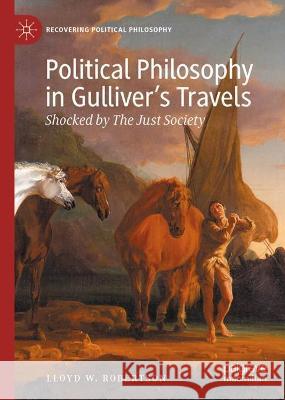Political Philosophy in Gulliver's Travels: Shocked by the Just Society » książka
topmenu
Political Philosophy in Gulliver's Travels: Shocked by the Just Society
ISBN-13: 9783030988524 / Angielski / Twarda / 2022 / 211 str.
Political Philosophy in Gulliver's Travels: Shocked by the Just Society
ISBN-13: 9783030988524 / Angielski / Twarda / 2022 / 211 str.
cena 524,53
(netto: 499,55 VAT: 5%)
Najniższa cena z 30 dni: 501,19
(netto: 499,55 VAT: 5%)
Najniższa cena z 30 dni: 501,19
Termin realizacji zamówienia:
ok. 22 dni roboczych.
ok. 22 dni roboczych.
Darmowa dostawa!
Kategorie BISAC:
Wydawca:
Springer Nature Switzerland AG
Seria wydawnicza:
Język:
Angielski
ISBN-13:
9783030988524
Rok wydania:
2022
Ilość stron:
211
Wymiary:
21.0 x 14.8
Oprawa:
Twarda
Dodatkowe informacje:
Wydanie ilustrowane











